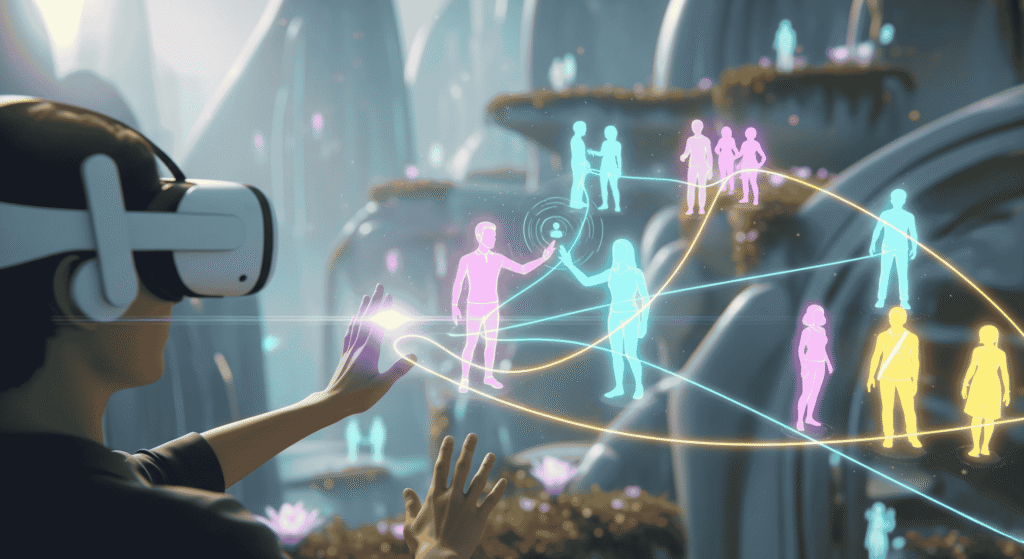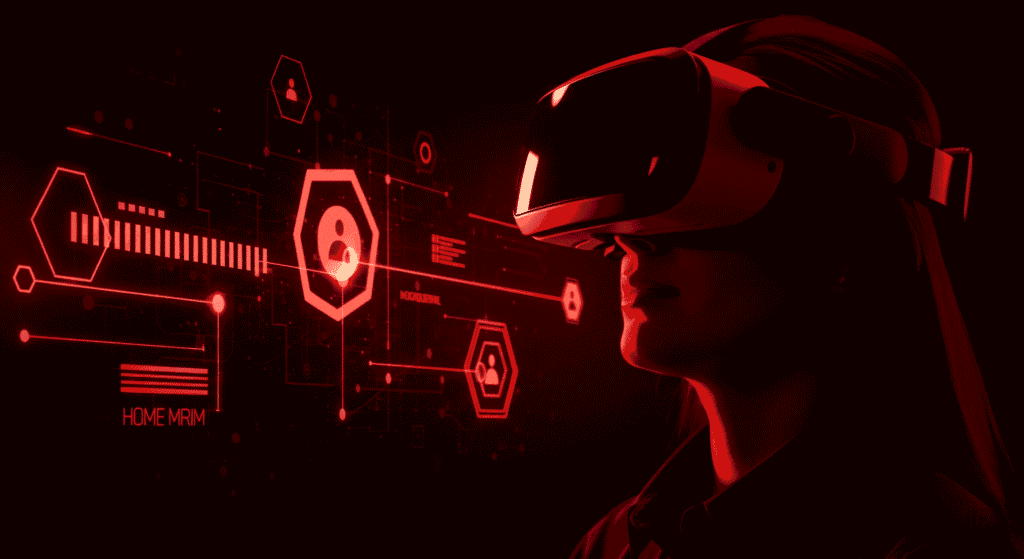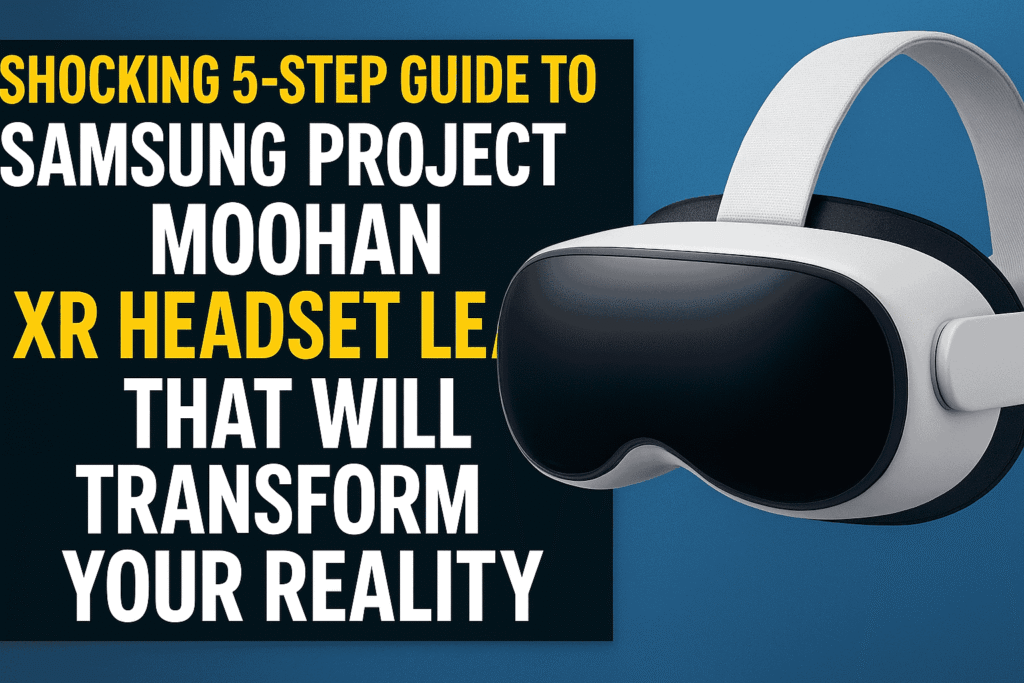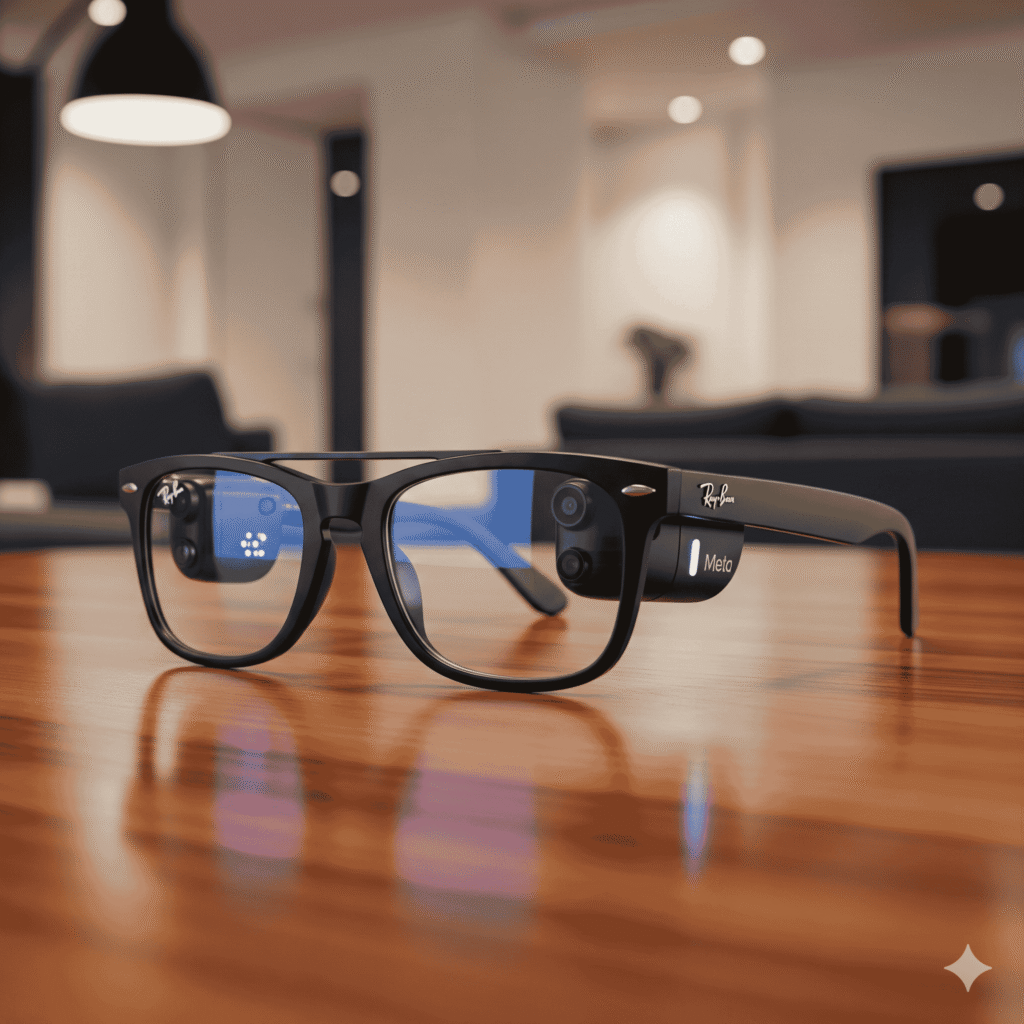Revolutionary 5 VR AR Games Mental Health Benefits That Will Transform Your Wellbeing in 2025
When you searched for ‘VR AR games mental health’ at 2 AM, you weren’t looking for outdated advice—you needed current, actionable insights. Meet Sarah, a remote worker who just discovered why virtual reality sports games matter more than ever for combating loneliness in 2025…
The Bottom Line: What 2025 Data Reveals About VR AR Games Mental Health
A groundbreaking Michigan State University study published in the International Journal of Human-Computer Interaction reveals that AR and VR games, especially sports simulations, can reduce loneliness, anxiety, and boost mental well-being by fostering social connections. The numbers are staggering: the consumer VR market is projected to increase from less than 16 billion U.S. dollars in 2024 to more than 18 billion U.S. dollars by the end of 2025.
The Avoidance Path: When others ignored VR AR games mental health benefits, they missed a critical tool for psychological wellbeing during our increasingly isolated digital age.
How VR AR Games Mental Health Actually Impacts Your World in 2025
Playing AR/VR sports games is associated with improved psychological well-being and enhanced social connection, particularly among individuals experiencing loneliness. The technology has evolved beyond entertainment—healthcare posted the highest 28.2% CAGR on the back of FDA-cleared therapies for pain and mental health.
Here’s what makes 2025 different: VR and AR penetration rate is forecasted to reach 55.9% by 2028, making virtual reality therapy more accessible than ever. The shift toward immersive wellness isn’t just a trend—it’s becoming mainstream healthcare.
Your 5-Step Action Plan: Mastering VR AR Games Mental Health
- VR AR Games Mental Health Foundation: Start with sports simulation games that emphasize social interaction and real-time communication with other players
- Virtual Sports Therapy Implementation: Choose platforms that offer multiplayer experiences and community features to combat isolation
- Immersive Wellness Optimization: Schedule regular VR sessions focused on psychological wellbeing rather than just entertainment
- Social VR Gaming: Prioritize games that encourage human connection and collaborative gameplay
- Mental Health Tracking: Monitor your mood and social connectedness before and after VR gaming sessions

Frequently Asked Questions About VR AR Games Mental Health
How do VR AR games mental health benefits actually work in practice?
The study shows that playing AR/VR sports games can promote psychological well-being by helping players feel connected to others and engage in real-time communication. The virtual environment creates safe spaces for social interaction without physical barriers.
Sarah’s Two-Path Discovery: The 5 Critical Decisions
The Advantage Path: When Sarah embraced VR AR games mental health strategies…
- Virtual Sports Gaming: She experienced reduced anxiety through sports simulations that mimic physical activity and boost endorphins
- Social VR Platforms: Her loneliness decreased significantly through real-time multiplayer interactions that felt genuinely human
- Immersive Mental Health: Users who gamed more often and who experienced loneliness in their daily lives were more likely to experience a positive psychological benefit
What makes virtual reality sports games different from regular gaming for mental health?
Physical sports have long been known to help with anxiety and mental health. But can augmented and virtual reality sports games improve psychological well-being and reduce loneliness? Researchers at Michigan State University’s Department of Kinesiology say yes. The embodied experience creates deeper psychological impact.
Are VR AR games mental health benefits supported by scientific research?
Yes, the research is robust. Published in the International Journal of Human-Computer Interaction, the study shows that playing AR/VR sports games can promote psychological well-being by helping players feel connected to others. This isn’t speculation—it’s peer-reviewed science.
The Verdict: Why VR AR Games Mental Health Matters More in 2025
Sarah’s journey from isolation to connection through virtual reality therapy represents millions of people discovering that technology can heal, not just entertain. The MSU research proves what early adopters suspected: VR AR games mental health benefits are real, measurable, and increasingly accessible.
The future of mental health support isn’t just in therapist offices—it’s in virtual worlds where human connection transcends physical limitations. As immersive wellness becomes mainstream, those who embrace these tools early will have significant advantages in maintaining psychological wellbeing.
Essential Resource: For deeper insights into the complete research findings, check out Michigan State University’s Department of Kinesiology study on virtual sports and mental health benefits.
To read more news about AR/VR click here




